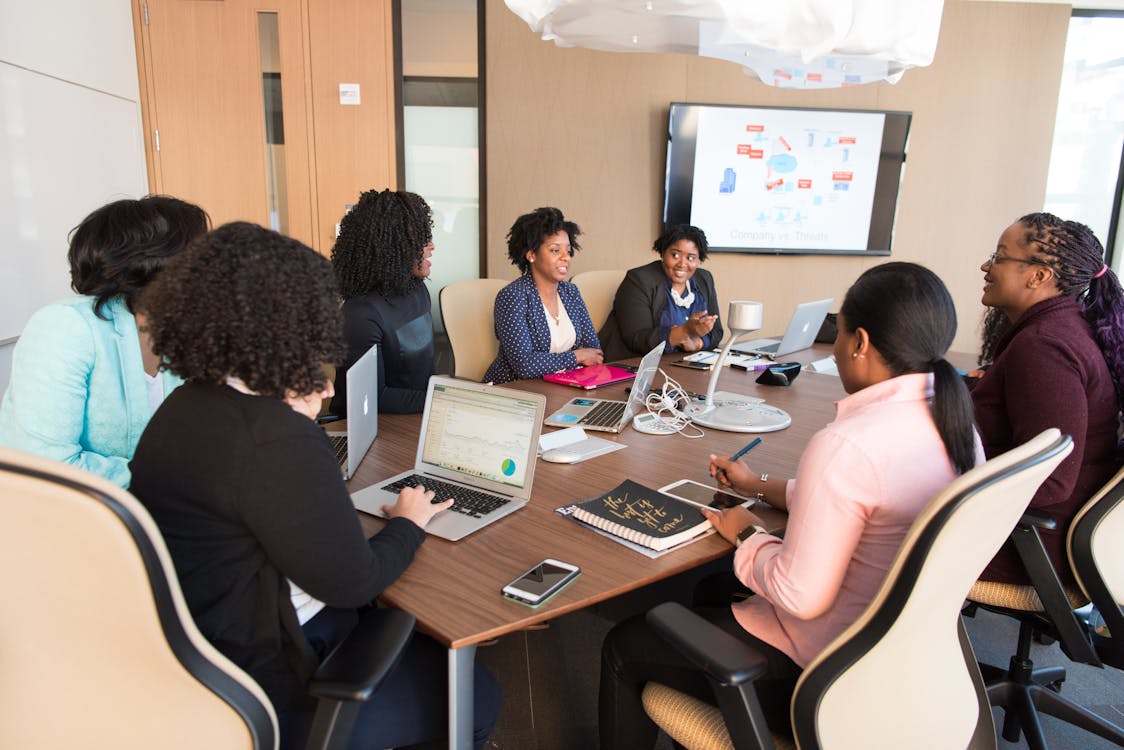Group Discussion
Group discussions refer to interactive sessions where a small number of people (typically 3 to 15 participants) come together to exchange ideas, share perspectives, and collectively explore a specific topic, issue, or problem.

Group discussions are important in various contexts and settings:
- Education: In classrooms, group discussions help students engage with the material, deepen their understanding through peer interaction, and develop critical thinking and communication skills.
- Workplace: Group discussions are crucial for brainstorming ideas, problem-solving, decision-making, and fostering collaboration among team members. They can lead to innovative solutions and ensure that diverse perspectives are considered.
- Business: In business settings, group discussions are used for strategic planning, project management, and evaluating business opportunities. They allow stakeholders to align goals, share insights, and reach consensus.
- Community and Social Settings: Group discussions play a role in community organizations, social movements, and public forums. They facilitate dialogue, enable collective decision-making, and empower individuals to voice their opinions and concerns.
- Policy and Governance: In governmental and policy-making contexts, group discussions are essential for debating issues, crafting legislation, and reaching agreements that reflect diverse societal needs and interests.
- Research and Academia: Scholars and researchers often engage in group discussions to exchange ideas, refine research methodologies, and critique findings. These discussions contribute to the advancement of knowledge and academic discourse.
In summary, group discussions are important wherever collective insight, collaboration, and effective communication are necessary to achieve goals, solve problems, or advance understanding and decision-making processes.